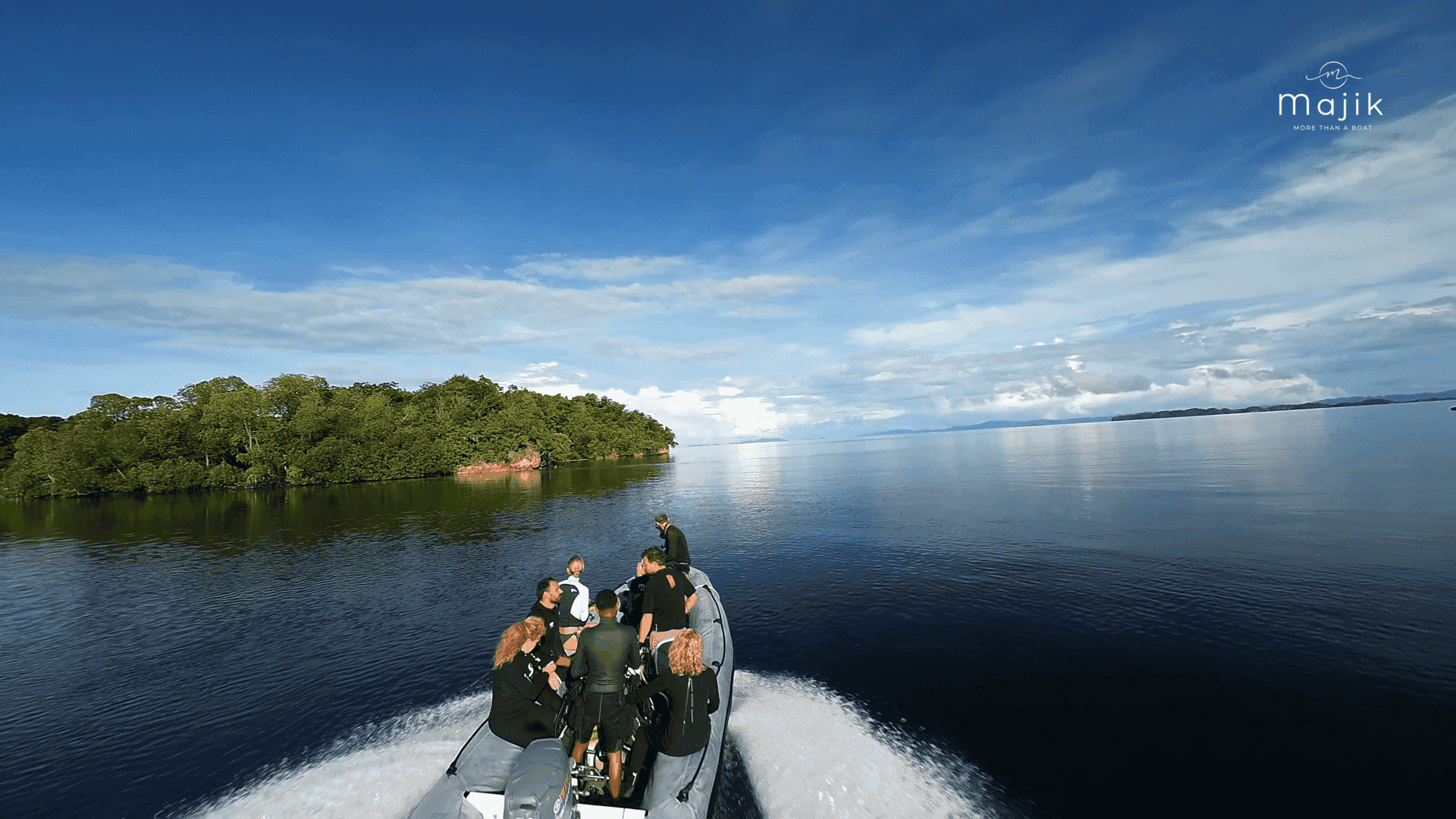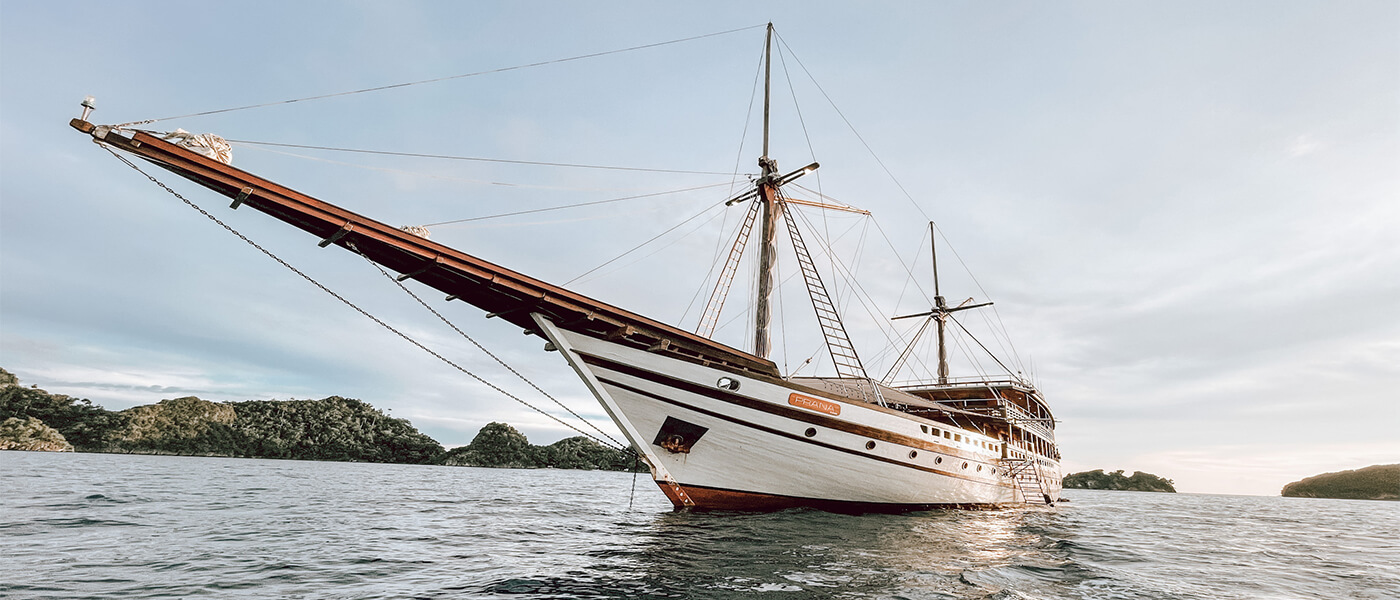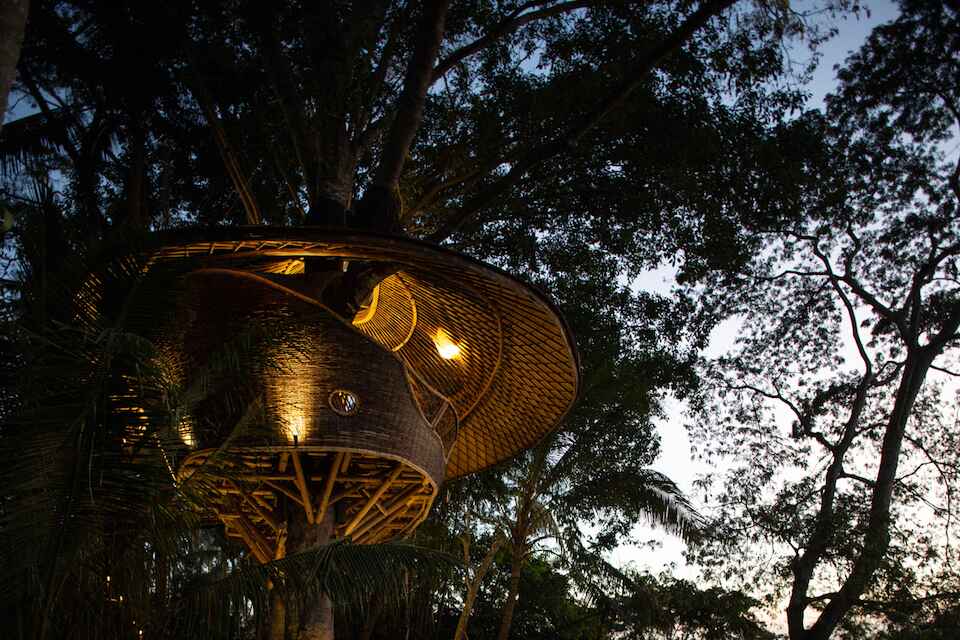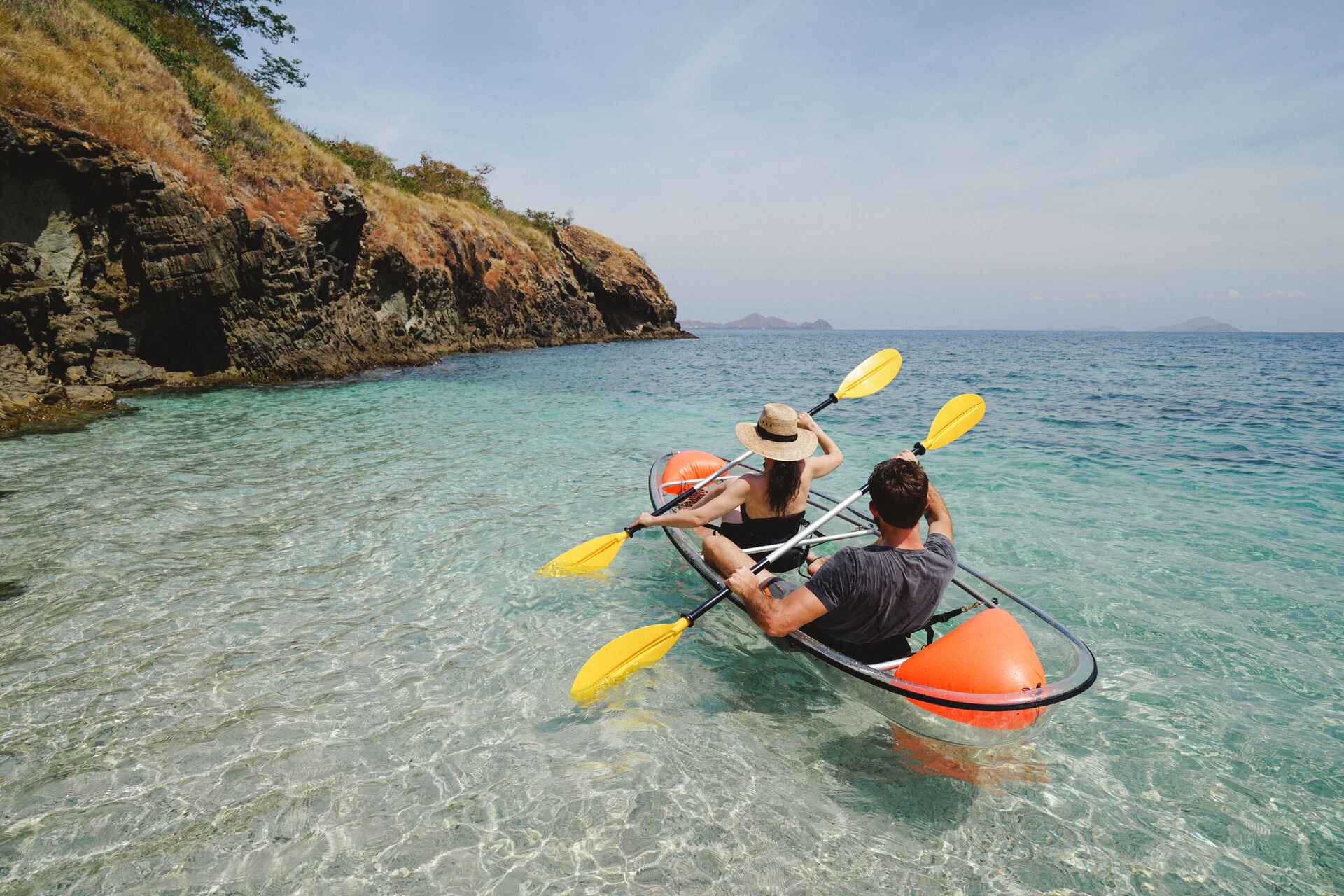Responsible travel, also known as ethical travel, aims to minimize the negative effects of tourism and create meaningful, sustainable experiences for both travellers and locals. In this article, we'll explore responsible travel in Indonesia and how you can create ethical experiences on your next luxury trip.
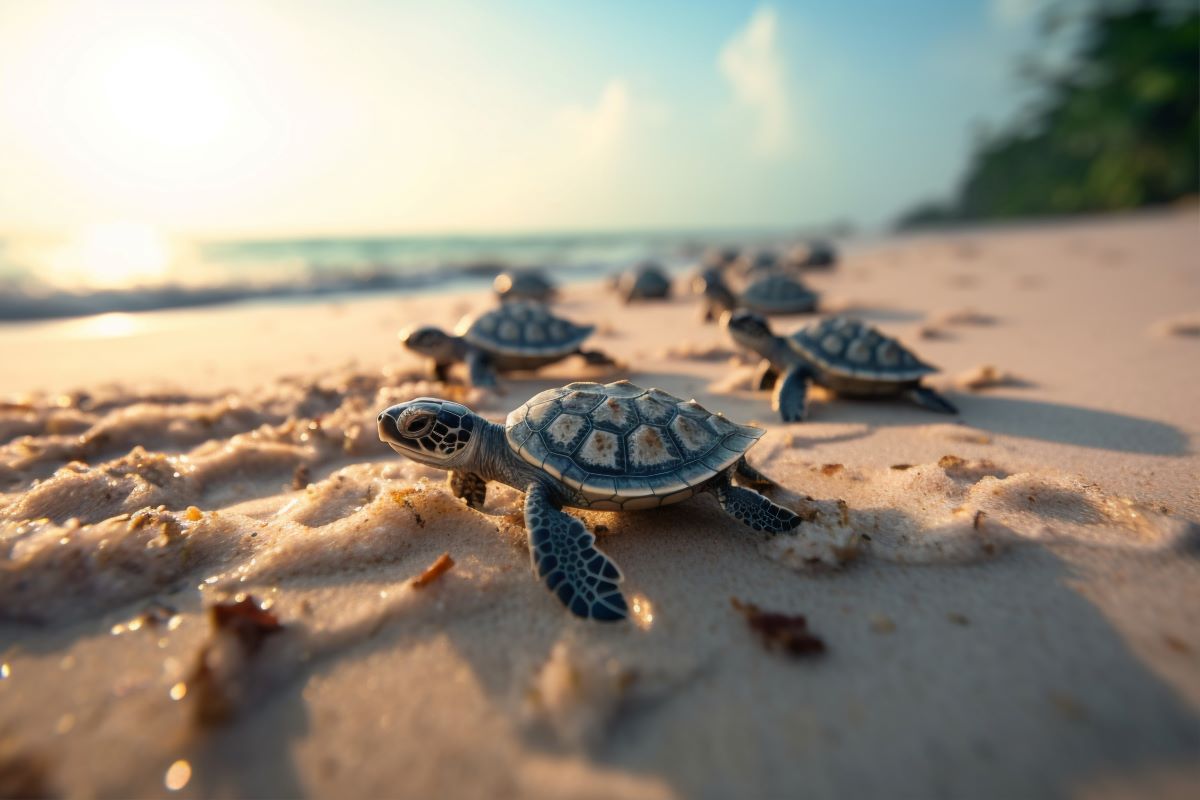

Ethical Travel: Supporting Local Communities and the Environment
Our world is full of rich cultural and natural diversity, but it’s also faced with challenges related to over-tourism and environmental degradation. Ethical travel involves supporting local communities and implementing sustainable tourism practices that protect the environment. There are many ways to do this, such as staying in locally-owned accommodations, eating at local restaurants, and supporting small businesses. In Indonesia, there are numerous environmental initiatives aimed at reducing plastic waste and preserving natural habitats.
Cultural Immersion supports Ethical Travel
Cultural immersion is a key aspect of ethical travel, as it allows you to experience and appreciate the local culture and way of life. In all the places we visit there will be many opportunities for cultural immersion, including visiting traditional markets, attending local festivals, and participating in community activities. These experiences not only provide a deeper understanding of the local culture but also support local communities by providing economic opportunities.
Responsible Wildlife and Marine Conservation
Indonesia is home to some of the world’s most unique and diverse wildlife and marine habitats, but these habitats are often threatened by tourism activities. Responsible wildlife encounters in Indonesia and elsewhere, involve avoiding attractions that exploit animals, such as elephant rides and animal shows. Additionally, supporting responsible conservation practices, such as marine park fees and sustainable fishing practices, can help protect these delicate ecosystems.
Embrace Slow Travel
‘Slow Travel’ involves taking the time to fully immerse yourself in a destination and embrace the local culture and pace of life. In Indonesia, slow travel experiences can include trekking through rice fields, taking a leisurely bike ride through a village, or staying in a traditional homestay. Slow travel not only allows for a more meaningful travel experience but also reduces the negative impact of tourism on the environment and local communities.
Responsible Luxury Accommodations
Luxury accommodations can provide a high-end travel experiences while also being responsible and sustainable. Look for accommodations that use eco-friendly practices, support local communities, and provide meaningful cultural experiences for their guests. Examples of responsible luxury accommodations include resorts that source locally grown produce and support community initiatives, or villas that are built with sustainable materials and employ local staff.
Supporting Local Communities: How to Ensure Your Luxury Travel Benefits the Local People
It’s important to consider the impact your luxury travel has on the local people. By supporting local businesses and initiatives, you can ensure that your travel benefits the local people and economy. This can include shopping at local markets, eating at locally-owned restaurants, and engaging in community-based tourism activities.
Sustainable Sea Travel: Reduce Your Environmental Impact
Indonesia is home to some of the world’s most beautiful and diverse marine habitats, but these habitats are under threat from tourism activities such as overfishing and pollution. Sustainable sea travel involves minimizing your environmental impact by supporting responsible marine conservation practices, such as using reef-safe sunscreen and avoiding activities that damage the marine environment.
5 Socially Responsible Travel Destinations in Indonesia
- Raja Ampat’s Marine Protected Areas. A dedicated Marine Park Authority patrols and monitors the park, and gradually, fish populations have recovered, sharks, whales and rays returned, poaching and illegal fishing was virtually eradicated, coral thrived and tourism flourished; all contributing to the vibrant reefs we see today.
- Komodo National Park is unquestionably one of the most dramatic landscapes in all of Indonesia. It’s a landscape of contrasts between starkly rugged hillsides of dry savanna, pockets of thorny green vegetation, brilliant white sandy beaches and blue waters surging over coral. Home to the Komodo Dragon, these giant lizards exist no-where else in the world, and are of great scientific interest, especially for their evolutionary implications. For these reasons, Komodo National Park is a recognised World Heritage site.
- ‘The Andes of Sumatra’ is a 2.5 million hectare Tropical Rainforest Heritage of Sumatra site comprising three national parks: Gunung Leuser National Park, Kerinci Seblat National Park and Bukit Barisan Selatan National Park. The Leuser Ecosystem, including the Gunung Leuser National Park, is by far the largest and most significant forest remnant remaining in Sumatra. It is also home of the last Sumatran orangutans.
- The living traditions of the Tana Toraja Traditional Settlement sites are of world heritage significance. The burial customs with their elaborate and complex ceremonies, numerous water-buffalo sacrifices and varied burial methods (hanging coffins, rock chambers, cave burial), have no other living comparison. Visiting Taja Toraja with a socially conscious provider has positive impacts for the host communities: including reinforcing their ancient traditions whilst providing income for many.
- Journey to the Indonesia Sustainable Tourism Award (ISTA) winner for Socio-Culture, the Wae Rebo Village in Flores, East Nusa Tenggara. This small, isolated village is only this village that continues to maintain the typical Manggarai traditional house, which they call Mbaru Niang. They are tall and conical in shape and are completely covered in lontar thatch from its rooftop down to the ground.
Conclusion
In conclusion, responsible travel is essential in the luxury travel industry, and Indonesia offers a unique opportunity to experience ethical travel practices. By supporting local communities, embracing cultural immersion, and practicing responsible wildlife and marine conservation, travellers can create meaningful experiences while minimizing their impact on the environment and local culture. Slow travel and responsible luxury accommodations provide additional ways to enhance the travel experience while supporting responsible travel practices.
It’s also important to ensure that luxury travel benefits local people and to reduce the environmental impact of sea travel in Indonesia. By incorporating these responsible travel practices, travellers can make a positive impact while still enjoying the beauty and luxury that our destinations have to offer.
We encourage readers to consider these ethical travel practices when planning their next luxury travel experience. Let’s work together to create meaningful, ethical experiences that benefit everyone involved.

